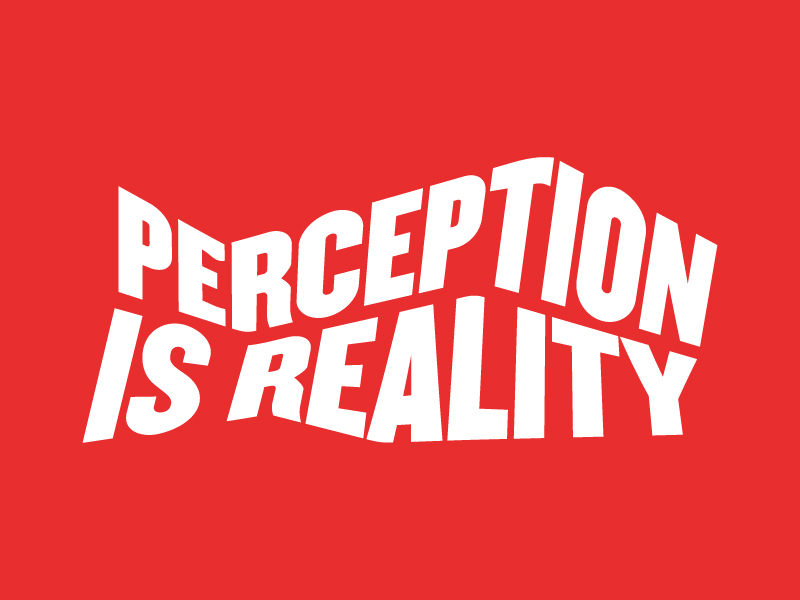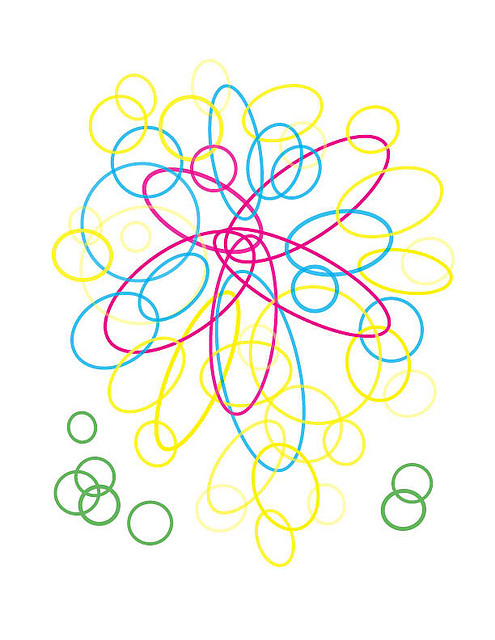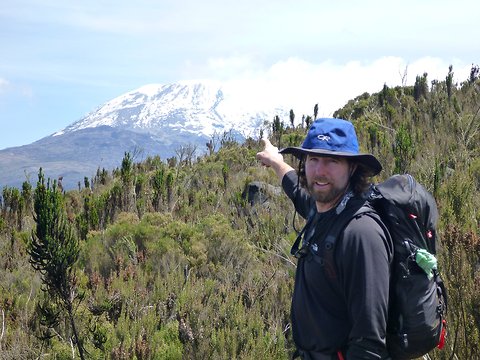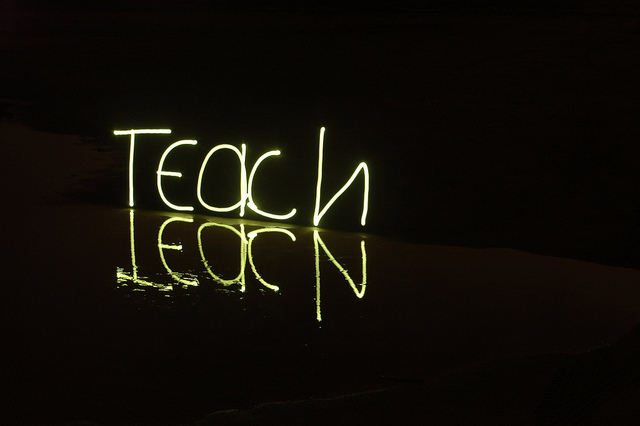“Life is amazing, and the teacher had best prepare himself to be a medium for that amazement.”
—Edward Blishen, 20th Century British author

Image from Unsplash by Amanda Dalbjorn
Have you heard of Sam Horn? If not, look her up, and strongly consider reading her newsletter and books.
She often shares a concept she calls The Eyebrow Test, which refers to the ideas, concepts, and life events that literally make your eyebrows move upward, demonstrating great interest, or in the case of today’s quote, amazement.
EXERCISE:
How and in what ways can you more fully engage in your own life to experience far more raised eyebrows of amazement?
How can you share such moments or help others in your world experience greater amazement through your potential roles as teacher, mentor, parent, or coach?

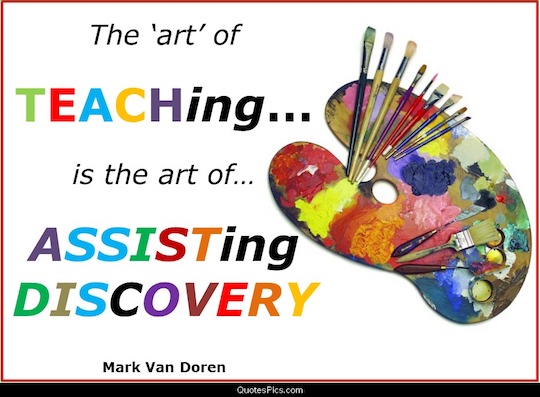


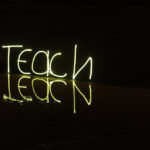

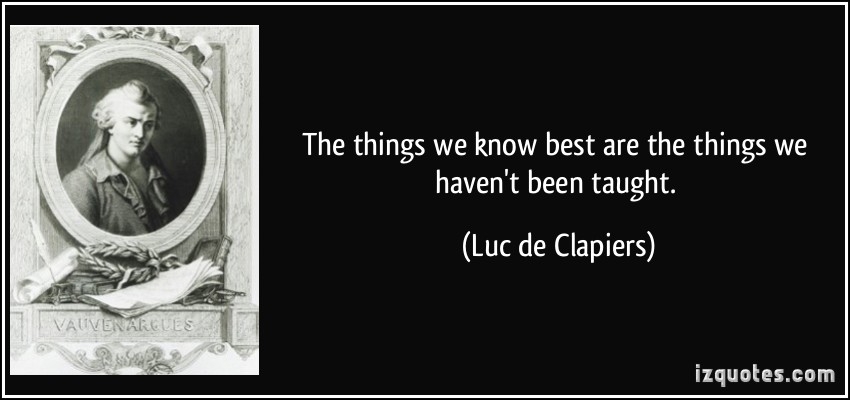 My first career, fresh out of college, was as a teacher. It was my belief at the time that it was my job to literally pour my knowledge of life science into the minds of 25 sixth grade students. What I discovered was that very little got in, and even less of my brilliant lessons stuck for more than a week or two.
My first career, fresh out of college, was as a teacher. It was my belief at the time that it was my job to literally pour my knowledge of life science into the minds of 25 sixth grade students. What I discovered was that very little got in, and even less of my brilliant lessons stuck for more than a week or two.